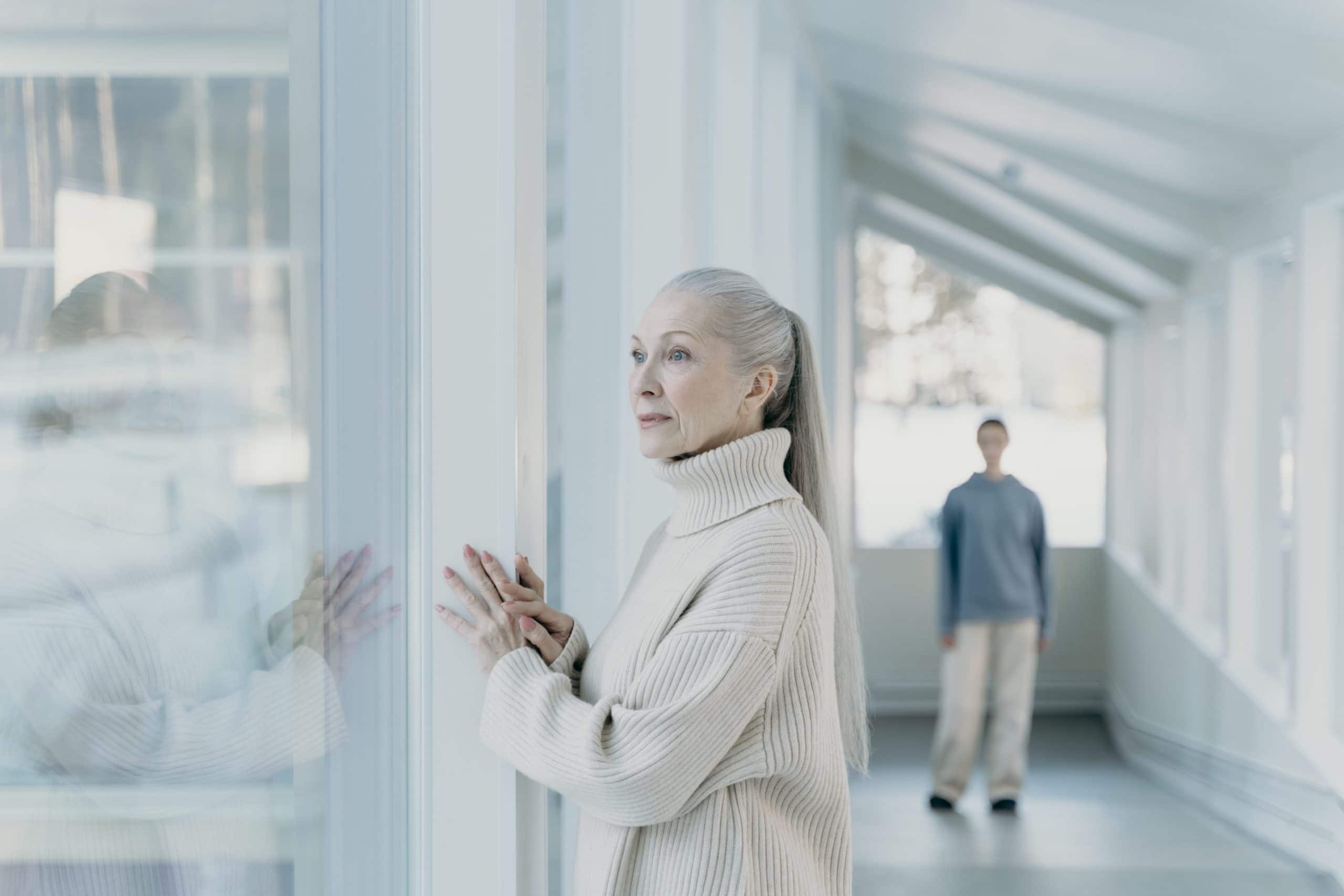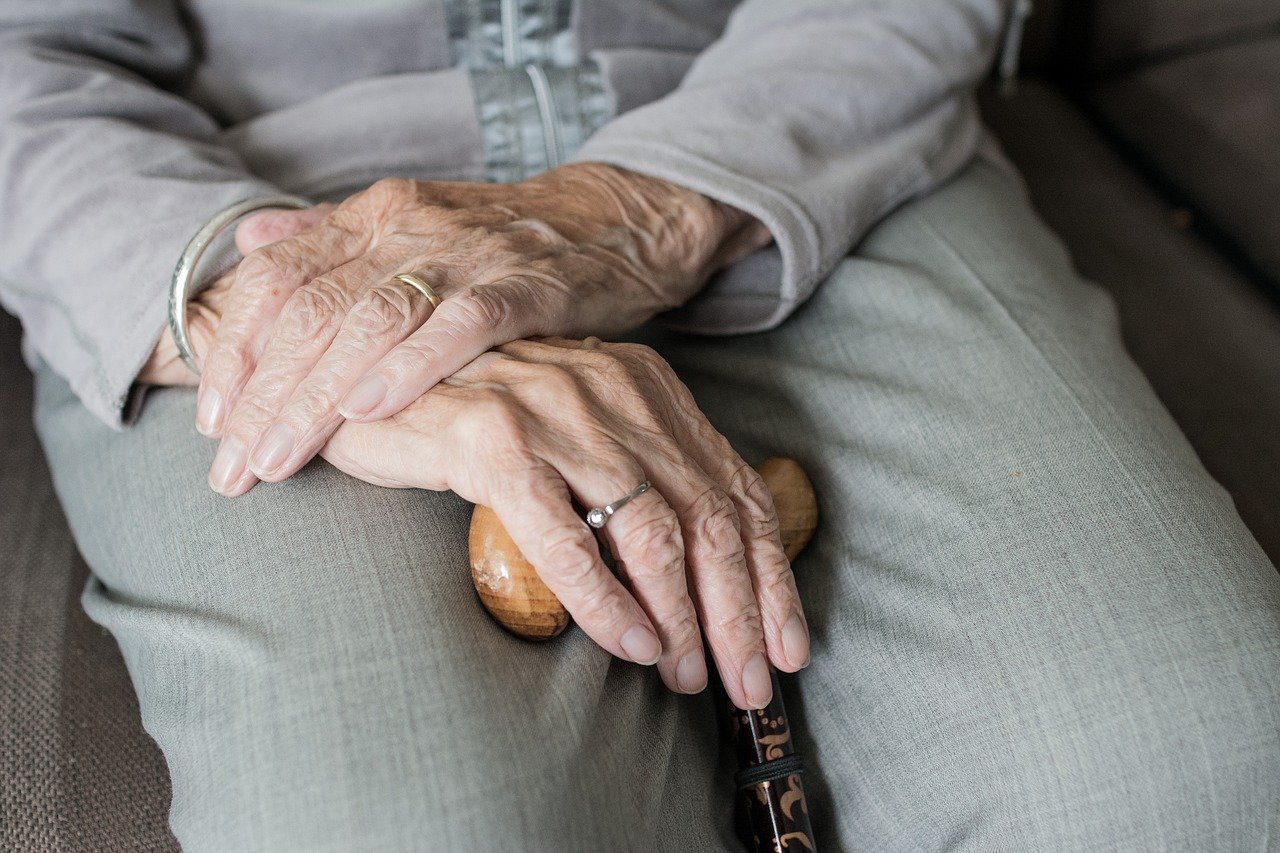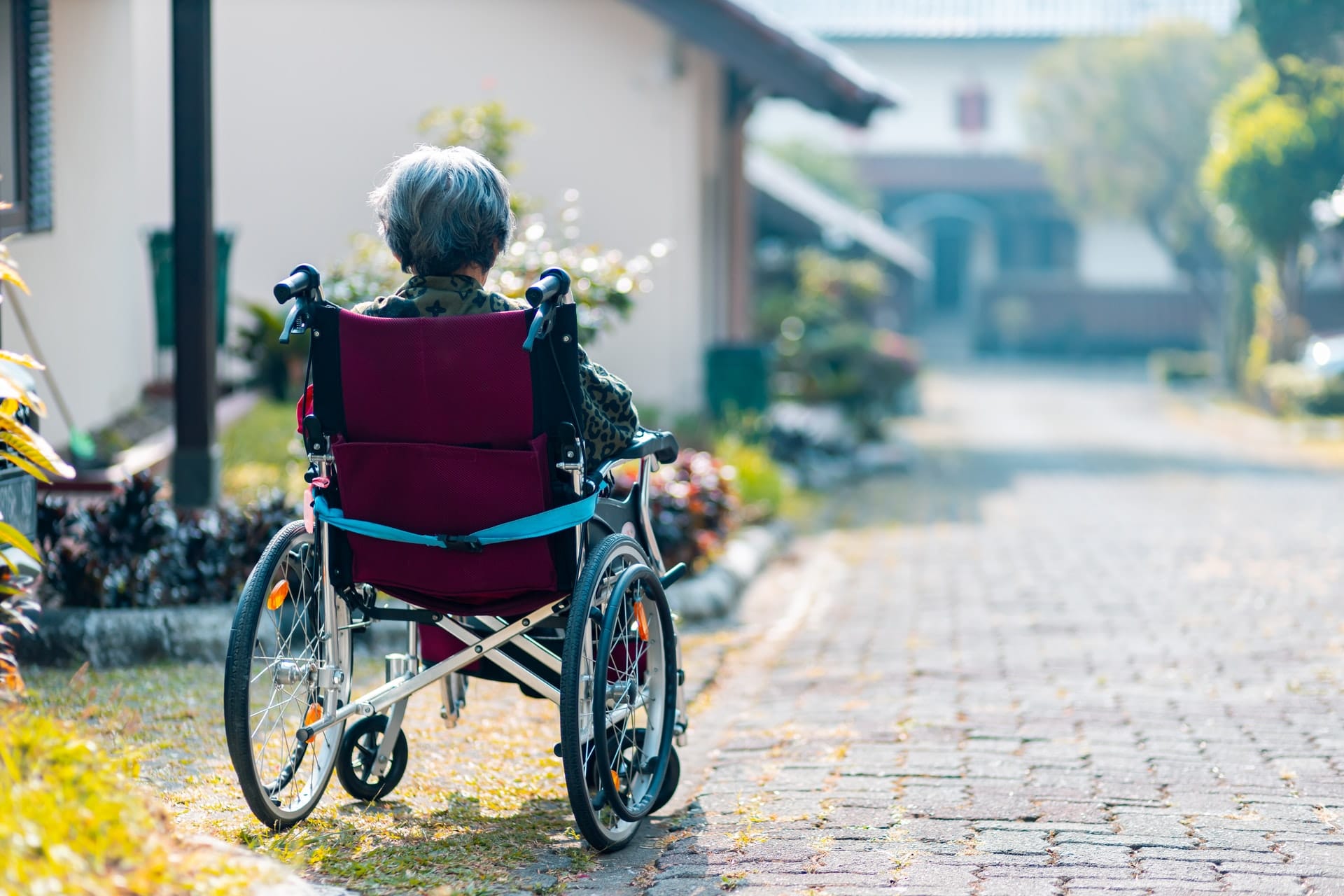
Is mental illness worse in older people?
This article has been medically reviewed and edited by Dr. Martin Duggan in 2021.
This content is not intended to be a substitute for professional medical advice, diagnosis, or treatment. Always seek the advice of your physician or another qualified health provider with any questions you may have regarding a medical condition.
Mental illness is not exclusive to any age bracket. When we talk about mental illness in the elderly population, there are a few important things to bear in mind.
First, simply getting older doesn’t make us mentally feeble. Yes, brain disorders like Alzheimer’s Disease (AD) are indeed more common as we age. However, people above age 65 who aren’t affected by dementia are just as intelligent as their younger peers.
Second, we have to realize that older adults under-report their psychiatric symptoms – by a lot. One study found that “more than 50% of the older adults with mental illnesses do not receive treatment because of stigma or lack of identification and treatment.” (Dham, 2017) This number is alarming and unacceptable.
It is essential to recognize and underscore that mental illness is not synonymous with weakness. It does not signify a deficiency in intelligence, nor does it reflect a moral failing, a scarcity of faith, or merely an inclination to complain. Understanding these misconceptions is crucial in laying the groundwork for a more compassionate and accurate discourse on mental health.
What does “mental illness” mean?
Before we get ahead of ourselves, some definitions are in order. In this article, we will define older persons as anyone above the age of 65 years old. Next, we should define the concept of mental illness.
For our purposes, a mental illness is a problem with how a person thinks, feels emotions, or interacts with others. Importantly, these problems must be severe enough to impact someone’s quality of life. When someone with a mental illness does not receive treatment, their risk of harming themselves, harming other people, or getting into legal trouble increases significantly.
Key concepts to understand
The goal of this article is not to define or describe specific mental illnesses, but rather to understand the following questions:
- Are there certain mental illnesses that become more common with advanced age?
- Are there certain diseases that become less common as we age?
- Are there any mental disorders that become more severe with age?
- Are there any mental disorders that get easier to treat as we get older?
Depression
Called Major Depressive Disorder by doctors, this condition has been explored in detail here. However, it is worth repeating that depression impacts more than just mental well-being. An influential review article published in The Lancet states: “[Depression in older people] causes suffering, family disruption, and disability, worsens the outcomes of many medical illnesses and increases mortality.” (Alexopolus, 2005) We will also remind readers that suicide rates are highest for patients above the age of 75, especially men.
Anxiety
According to the National Alliance on Mental Illness, anxiety disorders are the most common mental illness in the US. Similar to depression, anxiety disorders have been shown to increase the risk of disability and early death. (Zhang, 2015) The feeling of anxiety from time to time can be normal. For example, starting a new job or ending a relationship are all situations that can produce anxiety. However, worry and fear may not be normal when they interfere with everyday life. Most older adults with an anxiety disorder were diagnosed before the age of 65.
Anxiety disorders don’t necessarily worsen or progress with age, but anxiety can show up in different ways. The forms of anxiety that people face may also vary with age. Phobias are more common in children, panic disorder is more common in middle-aged adults, and older adults are more likely to experience what is known as generalized anxiety disorder.
Generalized anxiety disorder is characterized by moments of intense anxiety which then give way to physical symptoms like chest pain or shortness of breath. These moments are called panic attacks and they are very unpredictable. If panic attacks are allowed to continue, people become afraid to leave home, a fear known as agoraphobia. Both physical discomfort and agoraphobia are more common in patients older than 65 years old.
Bipolar disorder
Bipolar disorder is a mental illness that causes wide fluctuations and variances in mood, energy levels, and demeanor. Symptoms of the disorder can appear at any age, but most experience symptoms beginning in their late teens or early adolescence. Bipolar disorder can be broken into two types based on the presence of a symptom called a manic episode. Plainly stated, bipolar disorder type I is more severe because full-on manic episodes are present. In bipolar disorder type II, a less severe form of a manic episode called hypomania can occur.
A manic episode is a week-long period where people are particularly vulnerable to dangerous decision-making. A person in a manic episode experiences increased energy, feelings of euphoria, and distractibility. While in the grips of a manic episode, a person is prone to make reckless and dangerous decisions.
When managing bipolar disorder later in life, it is key to keep up with medications and therapies. This can be made complicated by the presence of other medications. Many older people are on a long list of medications to manage chronic illnesses. Medications for bipolar disorder frequently interact with other medications. Finding the best way to manage bipolar disorder as we get older is a challenge that often requires consultation with a psychiatrist or geriatric psychiatrist.
Personality disorders
A personality disorder is a type of mental illness characterized by a firm and unhealthy or dangerous pattern of behavior and thoughts. People with a form of personality disorder generally have trouble observing and connecting to situations and people. Personality disorders usually begin in the teenage years or early adulthood.
Personality disorders unfortunately do appear to progress and worsen with age. The prevalence remains consistent however with 10-20% of people age 65 or older having a personality disorder, studies suggest. (Penders, 2020)
Personality disorders that have been shown to progress negatively with age include paranoid, schizoid, schizotypal, obsessive-compulsive, borderline, histrionic, narcissistic, avoidant, and dependent personality disorders. Some are particularly susceptible to worsening in response to specific stressors and influencing factors. For example, a reliance on strangers and caregivers poses a risk for aggravating paranoid, schizoid, schizotypal, and avoidant personality disorders.
Conclusion
It is important to recognize the patterns and any changes to your or your senior loved one’s mental health. Vigilance and care will be helpful in preventing decline and progression of some serious conditions, and alleviate the symptoms and seriousness of anxiety and depression.
References:
- Dham, Pallavi et al. “Collaborative Care for Psychiatric Disorders in Older Adults: A Systematic Review.” Canadian journal of psychiatry. Revue canadienne de psychiatrie vol. 62,11 (2017): 761-771. doi:10.1177/0706743717720869
- Mentalhealth.gov
- Alexopoulos, George S. “Depression in the elderly.” Lancet (London, England) vol. 365,9475 (2005): 1961-70. doi:10.1016/S0140-6736(05)66665-2
- www.nimh.nih.gov
- www.nami.org
- Zhang, Xiaobin et al. “Generalized anxiety in community-dwelling elderly: Prevalence and clinical characteristics.” Journal of affective disorders vol. 172 (2015): 24-9. doi:10.1016/j.jad.2014.09.036
- www.psychiatry.org
- Penders, Krystle A P et al. “Personality Disorders in Older Adults: a Review of Epidemiology, Assessment, and Treatment.” Current psychiatry reports vol. 22,3 14. 6 Feb. 2020, doi:10.1007/s11920-020-1133-x
Related Articles

When Is It Time for Assisted Living?
Wondering if it is time for assisted living for your loved one is a common question for caregivers. As a caregiver, you might have been considering the question for months or possibly even years. Your loved one might have declined to continue the discussion as the thought of moving out of their family home and […]

All About Adult Day Care: Community and Costs
Adult day care is a fairly new concept for caregivers. The basic idea is to provide a secure place where seniors can enjoy social activities during the day and be provided nursing care as needed. It’s a hybrid model of eldercare that prioritizes community. At the same time, seniors get help with common custodial tasks […]

An Overview of Senior Rehabilitation Centers
Recovering from injury or illness in your golden years may take time and support. That’s where senior rehabilitation centers become essential. If you need a temporary stay to recover from injury or illness, senior rehabilitation centers can be the solution to get expert care and daily support. In this article, we’ll give you an overview […]

A Caregiver’s Guide to ADLs and IADLs
This article has been medically reviewed by Dr. Martin Duggan in 2021. This content is not intended to be a substitute for professional medical advice, diagnosis, or treatment. Always seek the advice of your physician or another qualified health provider with any questions you may have regarding a medical condition. As a family caregiver, your […]

What is a Mechanical Soft Diet? Explanation, Preparation, and Meal Ideas
This article has been medically reviewed by Dr. Martin Duggan in 2021. This content is not intended to be a substitute for professional medical advice, diagnosis, or treatment. Always seek the advice of your physician or another qualified health provider with any questions you may have regarding a medical condition. As a caregiver, you may […]

Benefits for Seniors with Disabilities
Oftentimes, seniors with disabilities qualify for health and financial assistance programs. However, they may be unaware of them or are confused about the eligibility requirements and enrollment process. Let’s go over the key programs for seniors with disabilities so that you have the information you need to get the benefits you deserve. Note on the 3 […]